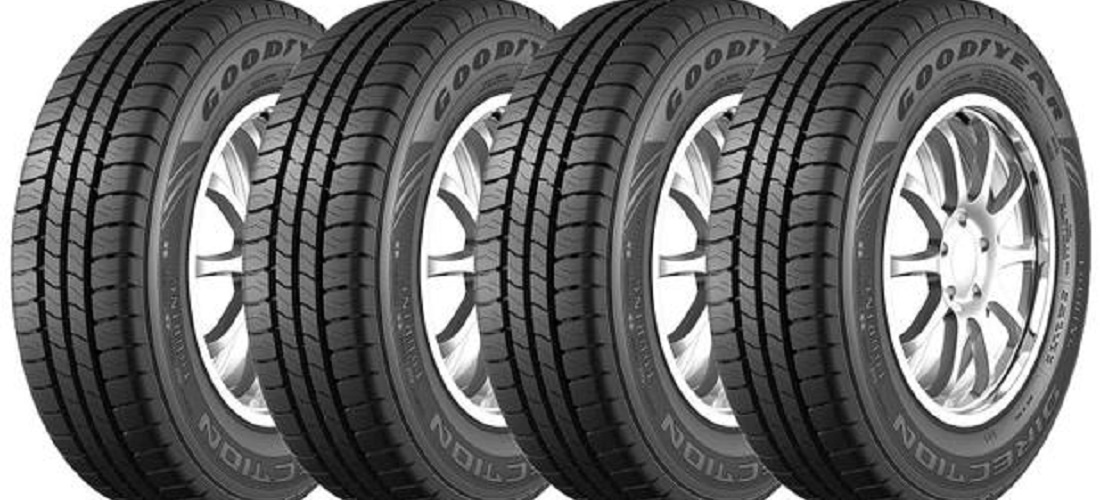
Tire imports put Brazilian natural rubber industry in disarray
Aug, 19, 2024 Posted by Gabriel MalheirosWeek 202434
Between 2017 and 2023, imports of passenger and truck tires into the Brazilian market surged by 117%, from 16.9 million to 36.8 million units. This sharp increase has triggered a crisis in the domestic tire industry, exerting pressure on the natural rubber production chain—a raw material in which Brazil has a longstanding tradition and was once the world’s leading producer and exporter.
Producers have been abandoning rubber plantations and, in some cases, even uprooting trees to make way for other crops, such as sugarcane in São Paulo, which leads the country in natural rubber production. According to industry estimates, the national harvest for the 2023/24 season has dropped by 15% to 20%.
In São Paulo, the harvested area, which was 115.2 thousand hectares in 2022/23, has decreased to 113.3 thousand hectares in 2023/24, according to estimates from the Agricultural Economics Institute of the State Secretariat of Agriculture (IEA-SP). This decline in the state, which accounts for more than 60% of national production, is unprecedented. Over the same period, São Paulo’s harvest fell from 282.1 thousand tonnes to 273.5 thousand tonnes.
“Since rubber cultivation began in the state, this has never happened. It’s a consequence of low prices and the lack of capital for producers to reinvest in their plantations,” says Marli Mascarenhas, a researcher at IEA-SP.
She explains that the increase in imports over the past few years has led to overflowing stockpiles at processing plants. As a result, the industry stopped purchasing about 120,000 tonnes of rubber from local farmers, further driving down prices.
Due to these depressed prices, rubber producers were unable to sell their harvest for the first time in history. They needed government support to mitigate some of the losses.
“Some producers are cutting down their rubber trees to eradicate the plants and exit the business,” lamented José Fernando Canuto Benesi, president of the Brazilian Association of Natural Rubber Producers (Abrabor). “The situation is chaotic for the entire industry. The government must take the required actions to save the industry.”
Today, rubber plantations occupy 257 thousand hectares in Brazil, with 163 thousand hectares currently in production. Official data on the harvest from the last two seasons is still unavailable. In 2022, the country produced 416.9 thousand tonnes of natural rubber, valued at R$1.8 billion, according to the Brazilian Institute of Geography and Statistics (IBGE).
August marks the offseason for rubber cultivation. Rubber tappers’ work in the plantations begins in September, signaling the start of the harvest. By October, rubber starts arriving at the processing plants.
According to industry stakeholders, imported products enter the country at prices below the local production cost and lower than international market prices. This situation, they say, has crushed sales for domestic companies, which now have overflowing inventories and at least 2,500 employees on leave.
The tire industry, which consumes 80% of Brazil’s rubber production, has appealed to the government for help. The sector is pushing for a temporary increase in the tire import tariff from 16% to 35% for 24 months, a measure that could be voted on by the Foreign Trade Chamber (Camex) next week.
Manufacturers are also calling for stronger enforcement of existing anti-dumping measures and actions on three other fronts: one to address subsidies from exporting countries, another to prevent origin falsification and product triangulation, and a third to restrict the entry of tires priced below production costs, through verification of reference prices at the time of import.
From 2017 to 2023, when imports rose by 117%, sales of domestically produced tires fell by 18%. The amount of natural rubber in imported products more than doubled during this period, increasing from 55.9 thousand tonnes to 125.1 thousand tonnes. This volume of foreign raw material competed directly with Brazilian rubber.
In the first half of this year, the market share of imported tires surpassed domestic production, with 54% versus 46%, respectively. However, tire production in Brazil did not decrease during this period, as the cost of shutting down a factory was higher.
The chart below uses DataLiner data to delve into imports of pneumatic tires registered at Brazilian ports between January 2021 and June 2024.
Imports of Pneumatic Tyres | Jan 2021 – Jun 2024 | TEUs
Source: DataLiner (click here to request a demo)
A study by LCA Economic Consulting, commissioned by the National Association of the Tire Industry (Anip), shows that in 2023, imported truck tires entered Brazil at an average cost of $2.90 per kilo, significantly lower than the international average of $4.20. In Brazil, these prices were 69% lower than the global average.
“This huge disparity shows that Asian countries are taking advantage of Brazil’s lack of tariff protection to export their products at unfair prices,” says Klaus Curt Müller, executive president of Anip. “While the global market has grown, domestic companies have shrunk.”
Countries like the United States and Mexico have significantly raised tariffs in recent years to protect their domestic industries. Brazil’s tariff was zero and was raised to 16% in 2023, which had little impact. “If this industry dies, we will die along with it,” said Fernando do Val Guerra, executive director of Abrabor.
-
Ports and Terminals
Jun, 28, 2022
0
Brazil agribusiness operations rise to record throughput in Santos
-
Ports and Terminals
Jan, 07, 2022
0
The ports of Paraná handled 57.5 million tons of cargo in 2021
-
Trade Regulations
Dec, 01, 2023
0
Fertilizers: Brazil approves national plan aimed at reducing dependence on imports by 50% by 2050
-
Ports and Terminals
Oct, 18, 2023
0
Port of Santos Tariff Cuts Encourage Cruises, ‘Green Ships,’ and Cabotage



